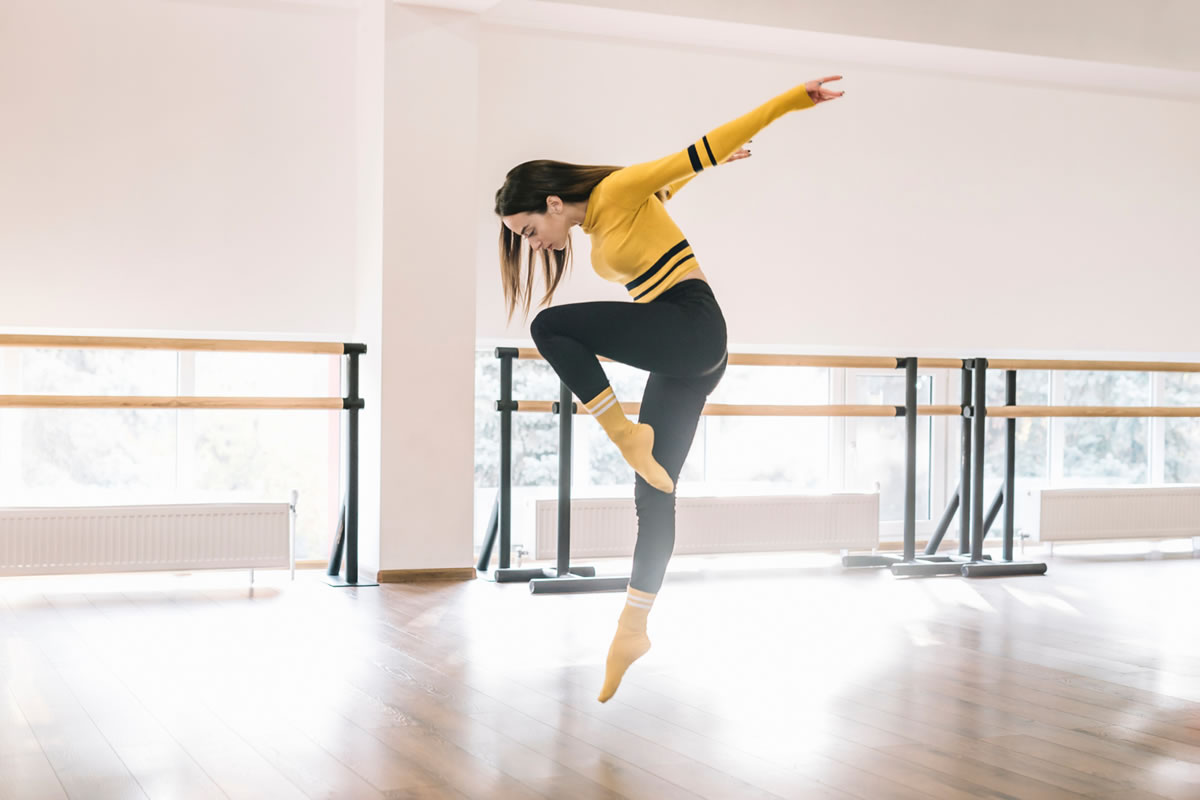How Dance Benefits Mental Health

While the biological benefits of dance are numerous, dancing can also have a favorable impact on mental health. These advantages are not simply limited to relieving depression and anxiety. Dance is a fantastic activity for expanding confidence and cognitive and communication skills.
Enhancing mental health and expanding cognitive abilities through dance is feasible for people of all ages – kids, adults, and elders. Anyone can encounter the mental health advantages of partaking in dance lessons. Experts from our dance studio in Apopka offer these examples of how dance improves mental health.
Boosts Confidence
Dancing is advantageous in boosting self-esteem and confidence by encouraging self-expression and expanding social skills. In addition, dance delivers an environment where people can generate a sense of harmony and togetherness with other dancers. Strengthening social bonds helps build social confidence and decrease social anxiety.
People who dedicate themselves to dance understand the importance of determination and persistence. This purpose and inspiration eventually lead to a feeling of achievement. Dancers feel more confident as they conquer routines and attain their goals.
Reduces Depression and Anxiety
The physical motions of dance have been demonstrated to lower levels of tension, anxiety, and depression. Much like aerobic training, dance supplies relief from anxiety and stress. Physical exercise heightens dopamine and endorphins, two neurotransmitters accountable for sensations of joy and pleasure. Dancing also encourages the experience of "flow", an almost meditative condition that permits the dancer to concentrate only on the moves, music, and beats instead of anxiousness and tension. This experience of direction and flow also contributes to discovering how to be more conscious and aware of your mental state.
Enhances Cognitive Ability
Dancing not only helps to produce body muscles but brain muscles as well. As a dancer exercises and learns a routine, they are exerting the memory centers of their brain and strengthening their concentration. Dance habits also introduce pattern recognition skills. Building these cognitive skills might contribute to a reduction in the chance of dementia and Alzheimer's. Studies with Alzheimer's patients have demonstrated that including dance as a component of a therapeutic practice can help enhance or delay the worsening of a patient's quality of life.
Helps With Emotional Expression
Dancing teaches expression via movement. Dancers can deal with complicated feelings and discharge them through the actions and routines discovered during a dance class. Performance helps expand this expression by putting the dancer in front of other individuals. What a person may not be able to explain to others, they can usually express through dance. This consequence of emotional expression correlates directly to flow and the decline of depression. If a dancer can convey their emotions during the flow of dance, they can also be conscious of how they feel. Recognizing these emotions is one way to evade surrendering to depression.